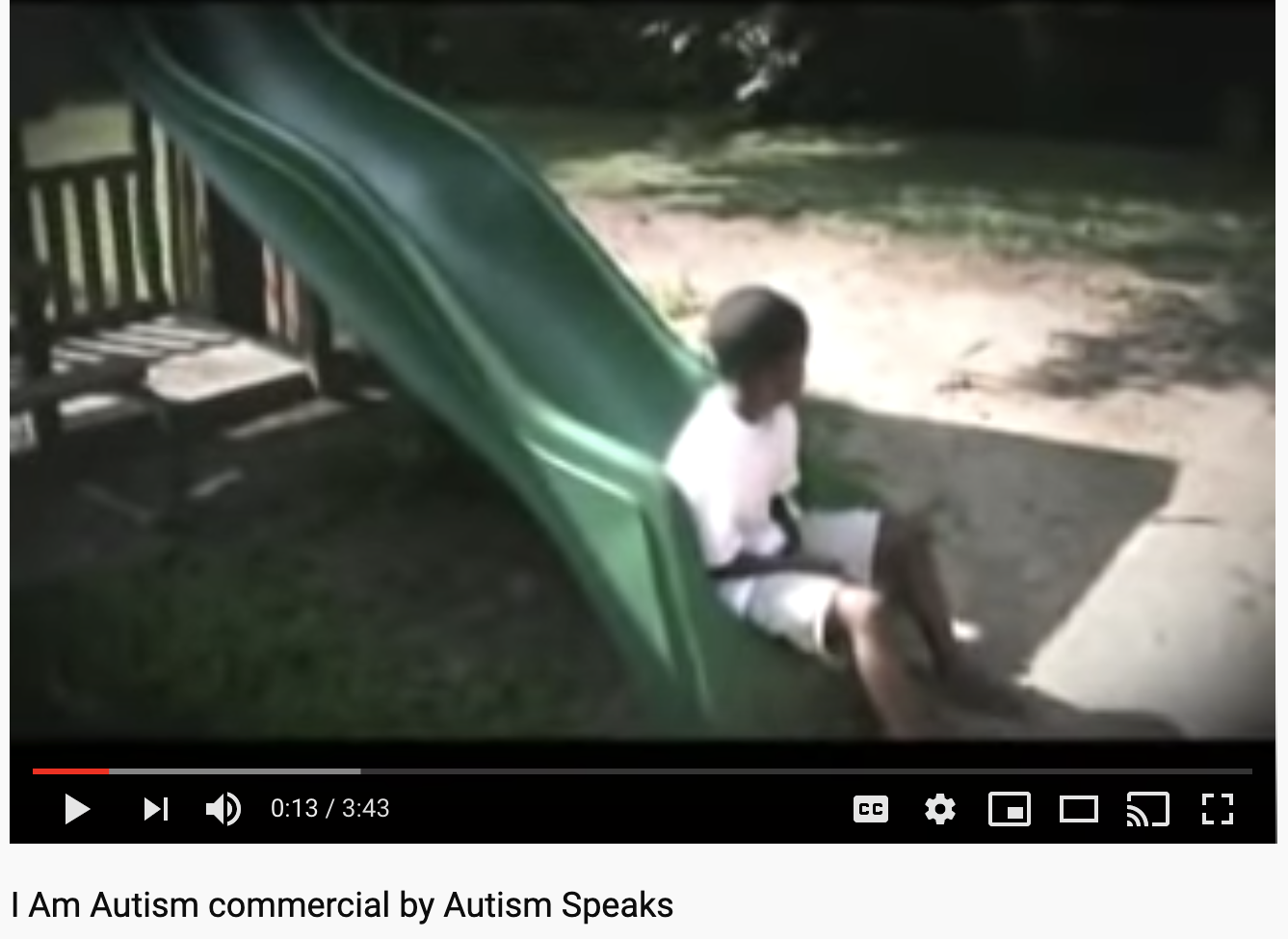[image: Screen capture from the Autism Speaks video I Am Autism, with an African American child sitting on a slide, facing away from the camera. The YouTube video toolbar is visible, above title text reading, “I Am Autism commercial by Autism Speaks”.] Zephyr Ash Ostrowski thefilmroom.org “Where there is charity and wisdom, there is neither fear nor ignorance.” –St. Francis of Assisi “There is nothing more frightful than ignorance in action.” –Johann Wolfgang von Goethe “Where ignorance exists, myths flourish.” Norman Begg and Angus Nicoll It doesn’t take long for a hurtful word or comment to make its way across the globe. The media eagerly reports on officials’ latest xenophobic remarks within minutes. Protesters will gather and complain for a corporation to sever ties with a controversial program or person. But this outrage somehow doesn’t happen with organizations that are directly tied to “helping” certain groups of marginalized people—and when…
Tag: institutionalization
Some organizations say they want to focus on people with intellectual disabilities, but they ignore the self advocacy movement and autistic people with ID like me. We don’t want institutions! We don’t want segregation, we want freedom and autonomy and support in the community! They just need to see what the ID community has been asking for!
The worst part of institutions is not physical violence, obvious forms of abuse or neglect. It’s not even the experiences you don’t get to have. It’s the damage that is done right down to your soul, by living under the power of other human beings. Glamour makes no difference. Prettiness makes no difference. Size makes no difference.
Kit Mead kpagination.wordpress.com Photo: Mike Wilson. Creative Commons license. [image: White paper houses with different colored doors & windows.] Introduction Less than a month after I wrote a blog post on the media misrepresentation of Autistic people like me, I’ve gotten wind of yet another case of journalism that misrepresents Autistic people – and in this case, community living too. The article is courtesy of Rolling Stone and the Atlantic reprinted it. I could link to it, but it’s one of the top results if you google “Rolling Stone autism.” Here are the two main premises of the article: High support autistic people can’t live fully in the community. But group homes cost too much. We should fund farm-based settings instead. The Medicaid settings rule in 2014 that declared most farms and compounds for disabled people segregated settings ruined many parents’ hopes and dreams. So… it’s unethical (because it is…
Clarissa Kripke, MD, FAAFP odpc.ucsf.edu In this important talk for anyone concerned about their, or their child’s, long-term living arrangements and supports, Dr. Clarissa Kripke explores progress made in community living for people with developmental disabilities. She explains how California’s Lanterman Act has been enormously successful by establishing an entitlement to community-based services and supports for people with developmental disabilities of all age, and how those services work. She also discusses specific successful cases, and clears up misconceptions about which housing models work best — both financially, and for quality of life. I’m the Mom of an Autistic teen. Of course I want what’s best for him. I want him to have opportunity, stability, care, and respect. After trying to learn everything I could, I realized that wanting what’s best, and knowing how to achieve it, are two different things. Fortunately, we live in California. The Lanterman Act was developed…
Lydia Wayman autisticspeaks.wordpress.com I went to a Town Hall meeting today regarding the cuts to the Pennysylvania Department of Public Welfare budget, which means cuts to Medicaid. And so many people were saying that the results of cuts to Medicaid services for kids with autism (because probably 75% or more of the people there appeared to be parents of kids with autism, along with clinicians who work with people on the spectrum, and autistics themselves, like me) would result in the necessity of long-term institutionalization. In essence, sure, you’ll save the money now when we lose services because we can’t afford the copays, but it’s going to come back to bite you when we need to be institutionalized one day. I read my piece in front of all those people and made my point, which was basically the same as what I just described, too. They took my letter to…



